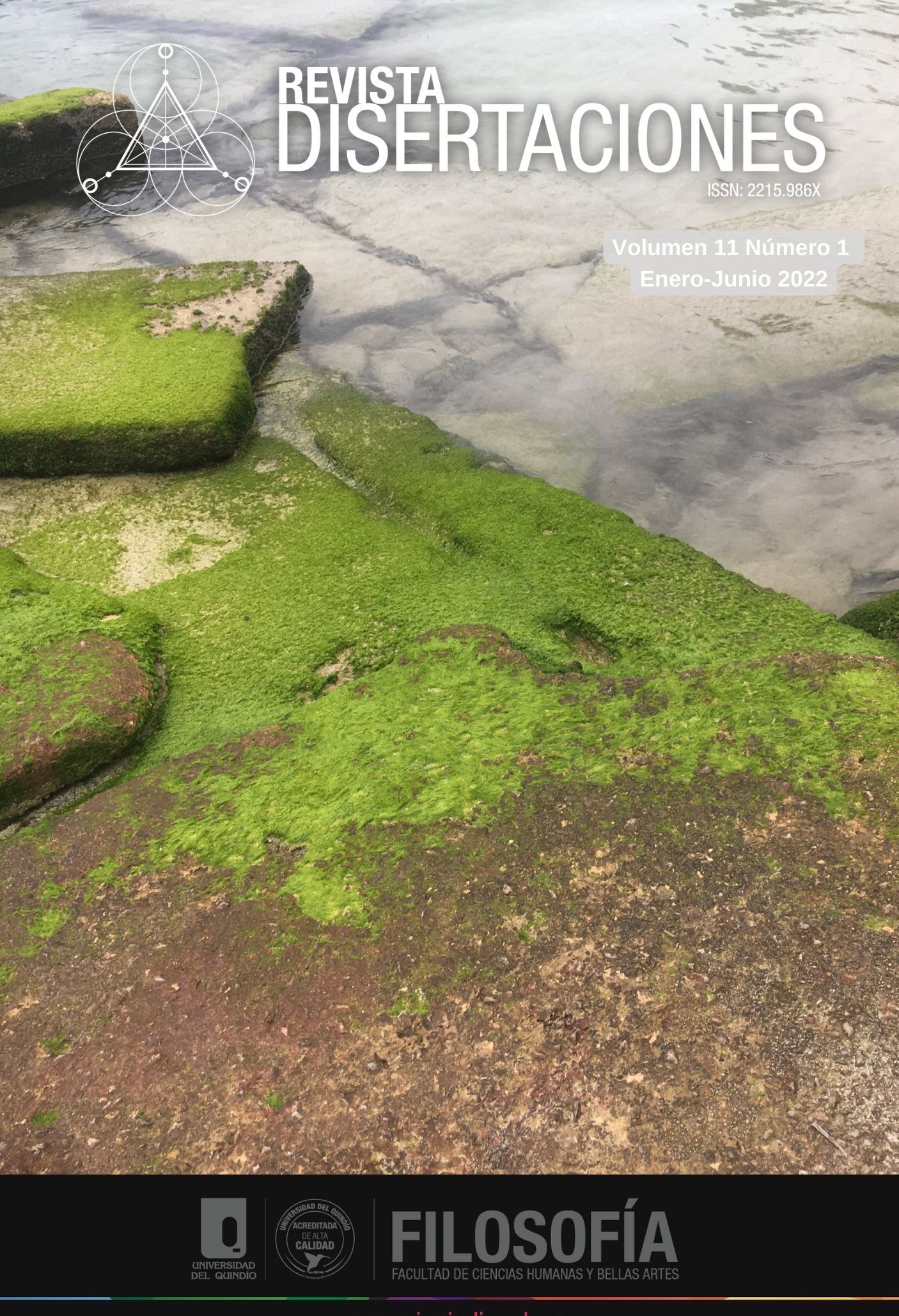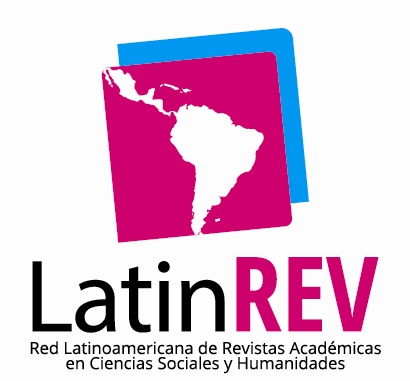Childhood in Philosophy, History and Aesthetics of Latin American Cinema in the 20th Century
DOI:
https://doi.org/10.33975/disuq.vol11n1.823Keywords:
Latin American Film, Aesthetics, History, Childhood, RepresentationAbstract
The aim of this text is a theoretical approach to childhood in the main conceptions of Western philosophy, the new social history of childhood in the continent and the main aesthetic poetics of Latin American cinema during the second half of the 20th century. For this purpose, the notions of childhood are analyzed from works with a historical-hermeneutic approach, critical analysis of discourse and evaluation of the notions based on the contributions of the theoretical fields addressed. These junctions allow us to think about the places of childhood as an instrument to achieve a political dream, the conceptions of time, the liberal rights of the Enlightenment, and the phenomenological event. The purpose of this critical review is a call to weave lines of escape from history, to recreate mechanisms of audiovisual resistance that bet on an imperfect aesthetic, that blurs inheritances, that marks social processes in which childhood has an authentic voice. By focusing on the image of childhood, it is crucial that the cinema, beyond showing concrete and real factual, has a margin of fiction that it takes advantage of to give us a sentimental poetics of forgotten childhoods and reinvent the aestheticization of new childhoods in re- autonomous existences from the plurality of views of the Continent.















